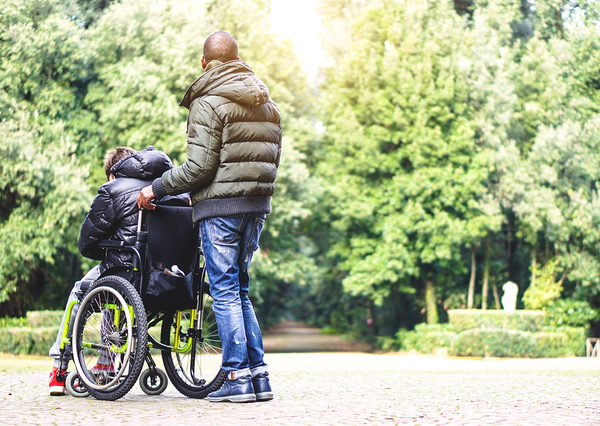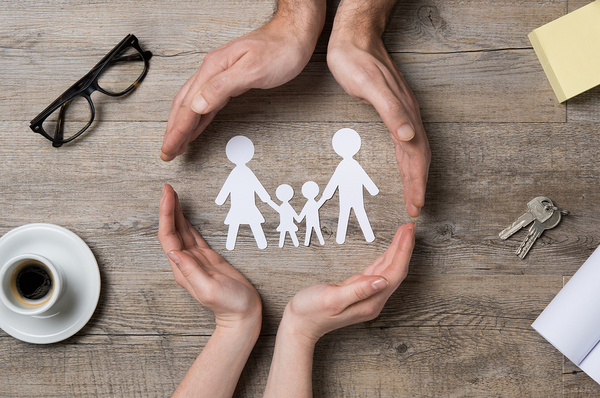
The road to recovery is often harder for disenfranchised addicts and the people who love them.
The term “disenfranchised” originally referred to people “deprived of the right to vote or other rights of citizenship.” While this may refer to prisoners in its most formal sense, the term has also grown to encompass other groups, such as immigrants, minorities, the poor, the homeless and the elderly, many of whom have been “written off” by society as helpless or hopeless.
Addiction rates can be high among these groups—with equally troubling low rates of recovery compared to the general population. This can also lead to a phenomenon known as “disenfranchised grief” for their loved ones. Here’s a closer look the issue, along with how shining the light on disenfranchised addiction and disenfranchised grief can support recovery.
Disenfranchisement and Addiction
It’s natural to want to turn away from things that are hard to see. From extreme poverty to mental illness, these human conditions impact millions and yet are often perceived as invisible by society. While this may be human nature, it’s also part of the problem: The more people look away, the worse it gets.
It’s certainly true that disenfranchised people face more challenges on the road to recovery than their connected counterparts. For starters, there’s the issue of money. For people lacking jobs and health insurance, the prospect of substance abuse treatment often seems out of reach. Once you factor in issues like potential mental health conditions and lack of familial support, the road to recovery may seem even more impassable.
As a former addict turned advocate for the disenfranchised, Matt Canuteson told Spotlightnews.com of the relationship between mental health, addiction, and disenfranchisement,
“It’s hard to say how I started; probably used as a result of depression and some struggles I was having at the time. Then, as the addiction progresses, you have a lot of struggles that are the symptoms of depression, so it becomes a cycle.
If you’re someone who is struggling financially on a day-to-day basis, that’s going to be an uphill climb, even for someone not suffering from the added stresses of addiction and mental illness, You have less access to everything from treatment to support.”
After meeting up with peers who’d faced and overcome similar challenges, Canuteson realized that a brighter future might be possible for him, as well. “There were people who put the seed in my head that recovery was possible, but it was going to be a lifelong process.”
About Disenfranchised Grief
The consequences of disenfranchised addiction don’t just apply to substance abusers, but also to the people who love them. Leading expert on grief counseling Dr. Kenneth Doka defines disenfranchised grief as “the grief that persons experience when they incur a loss that is not or cannot be openly acknowledged, publicly mourned, or socially supported.” Examples of these types of losses include death from “unsavory” circumstances, overdose/addiction, separation/divorce, and the loss of an extramarital affair.

Support for disenfranchised addicts and their families can make all the difference in facilitating recovery.
And while the term—also described as a loss that “doesn’t deserve your tears”—might typically apply to the death of a loved one, it can also come into play for family members and friends coping with the “loss” of a loved one to substance addiction.
Canuteson’s story is one of hope and promise. However, he also points to the need for a better system aimed at addressing the unique challenges faced by disenfranchised people in addiction recovery. Ultimately, disenfranchised addicts and the people who love them need the same thing as all people: to be understood. This is why elements like peer support, acknowledgment of the issue, and family counseling are all critical components in supporting disenfranchised recovery.
We’re Here to Help
Contact Harris House today to learn about our holistic substance abuse programs for the disenfranchised.







